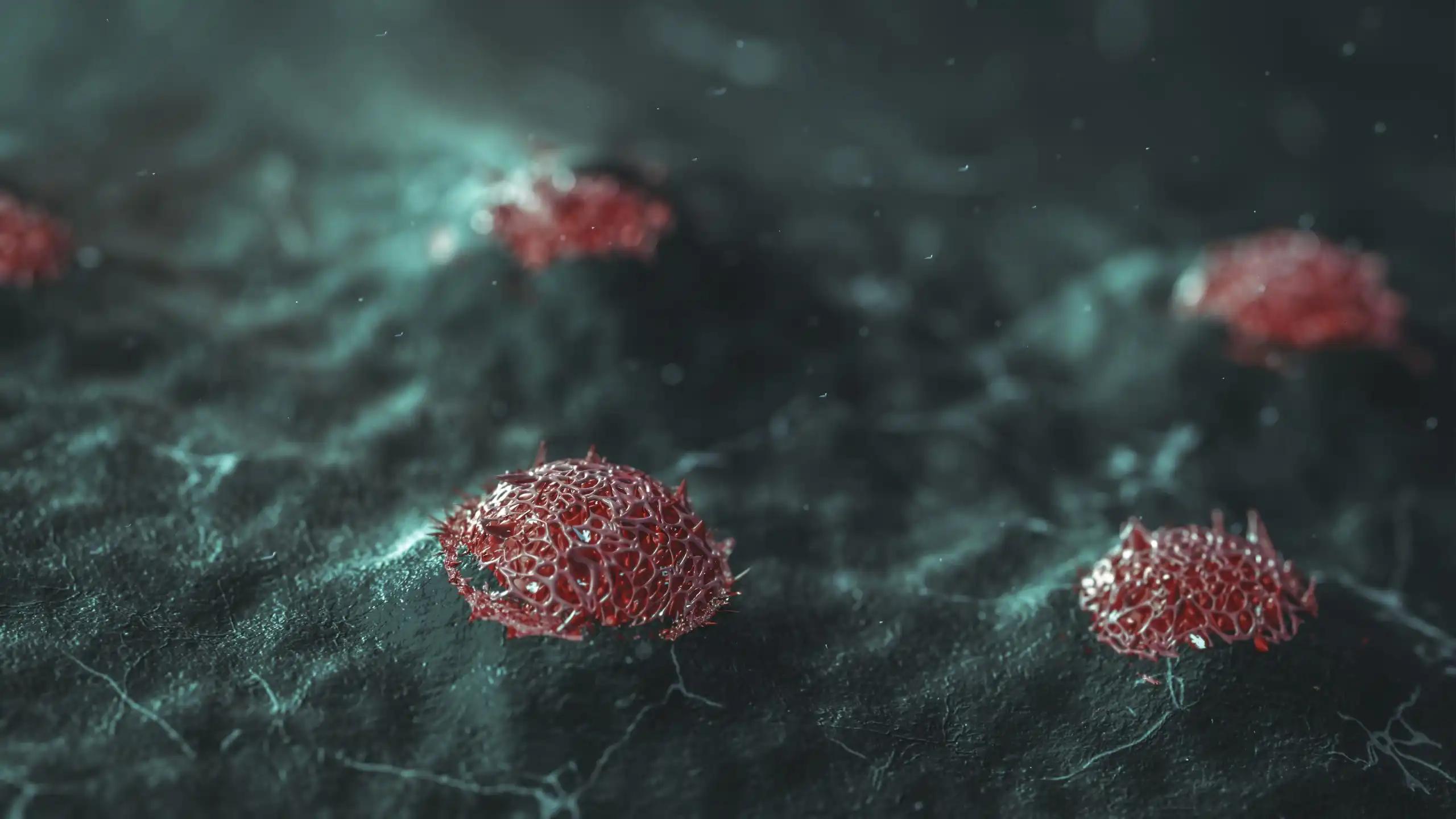KEY TAKEAWAYS
- The SAMURAI phase II trial aimed to evaluate the effectiveness of SABR in treating the primary tumor in metastatic RCC pts receiving IO who is not recommended for surgery or who decline surgery.
- The primary endpoint is nephrectomy and nrPFS based on iRECIST criteria. Secondary endpoints include ORR, rPFS by RECIST and iRECIST, time to second-line therapy, rate of cytoreductive nephrectomy, TFS, and OS.
- The trial is currently enrolling pts through the NRG oncology cooperative group.
The standard treatment for metastatic renal cell carcinoma (RCC) has evolved to immunotherapy, with surgery no longer being the first option. SABR is a new treatment option that uses radiation to destroy the tumor.
Researchers aimed to evaluate the effectiveness of SABR in treating the primary tumor in metastatic RCC patients (pts) receiving IO who are not recommended for surgery or who decline surgery.
The study includes pts with various types of RCC who are suitable for standard IO combination therapy and are not advised or choose not to undergo immediate surgery. Pts will be randomly assigned to receive either SABR along with IO combination therapy or IO combination therapy alone. The primary objective is to assess if adding SABR to the primary tumor and IO treatment leads to better outcomes than IO treatment alone in individuals with metastatic, inoperable RCC.
The primary endpoint is to determine the nephrectomy and radiographic progression-free survival (nrPFS), with progression determined according to iRECIST criteria. Eligible pts are those not recommended for immediate surgery, have a primary tumor suitable for SABR, and are candidates for IO treatment. The treating physician will choose IO combination therapy (IO-IO or IO-VEGF). About 240 pts will be randomized in a 2:1 ratio, favoring SABR plus IO combination (n=160) over the standard of care IO combination alone (n=80). This sample size provides 90% power at a one-sided alpha level of 0.05 to detect a hazard ratio for nrPFS of 0.62, corresponding to approximately a 40% reduction in the rate of events.
Secondary endpoints include objective response rate (ORR) measured by iRECIST and RECIST, radiographic progression-free survival(rPFS) by RECIST and iRECIST, time until the start of second-line therapy, rate of cytoreductive nephrectomy, treatment-free survival (TFS), and overall survival(OS). Exploratory analyses will investigate potential prognostic and predictive biomarkers. The trial is currently enrolling pts through the NRG Oncology cooperative group.
Source: https://ascopubs.org/doi/abs/10.1200/JCO.2023.41.16_suppl.TPS4604
Clinical Trial: https://classic.clinicaltrials.gov/ct2/show/NCT05327686
William A. Hall, Theodore Karrison, Bradley Alexander McGregor, Pedro C. Barata, Himanshu Nagar, Chad Tang, Shankar Siva, Todd Matthew Morgan, Joshua Michael Lang, Sophia C. Kamran, Carri Glide-Hurst, Karthik Sundaram, Sharyn I. Katz, Felix Y Feng, and Rana R. McKay. DOI: 10.1200/JCO.2023.41.16_suppl.TPS4604 Journal of Clinical Oncology 41, no. 16_suppl (June 01, 2023) TPS4604-TPS4604.



